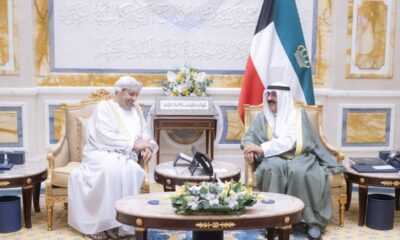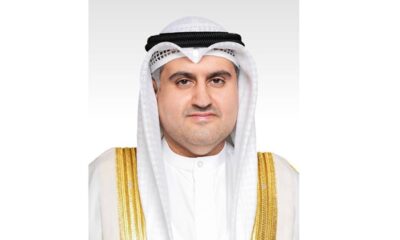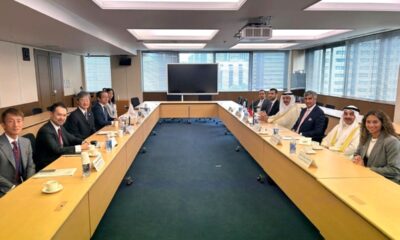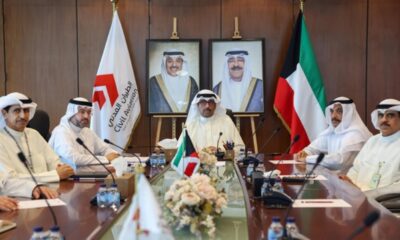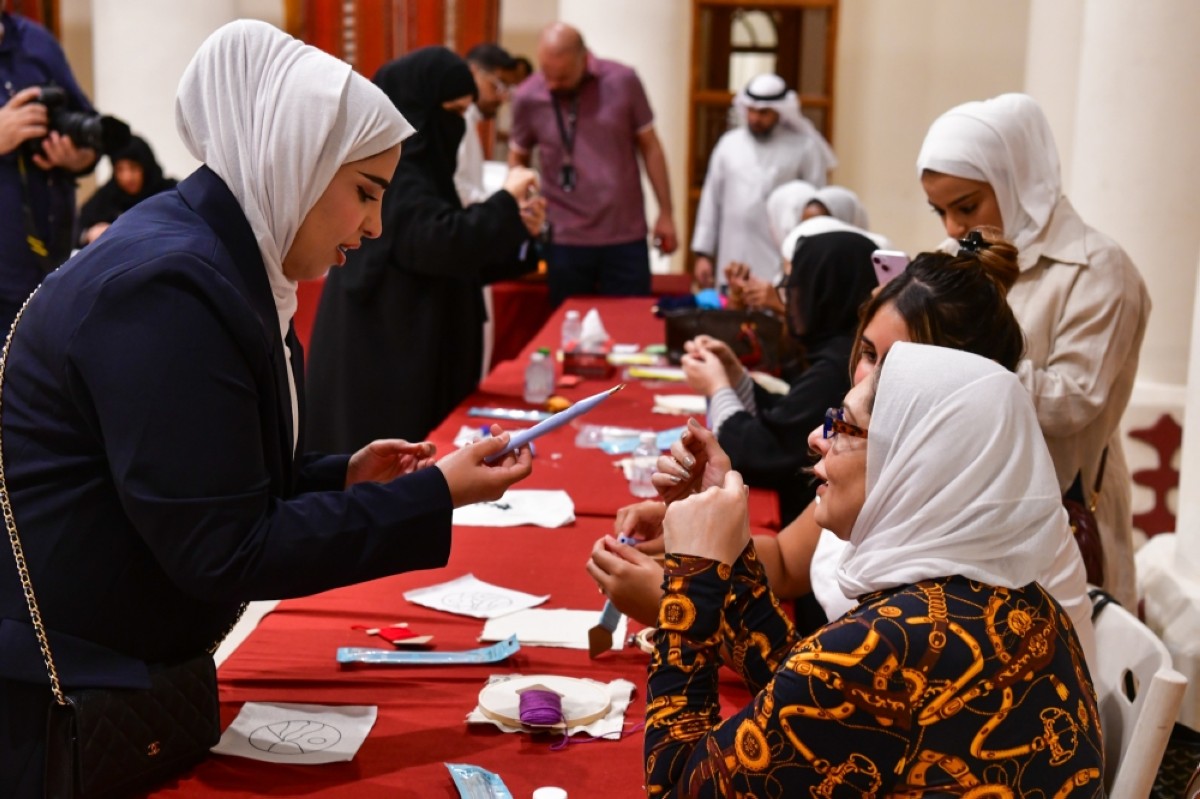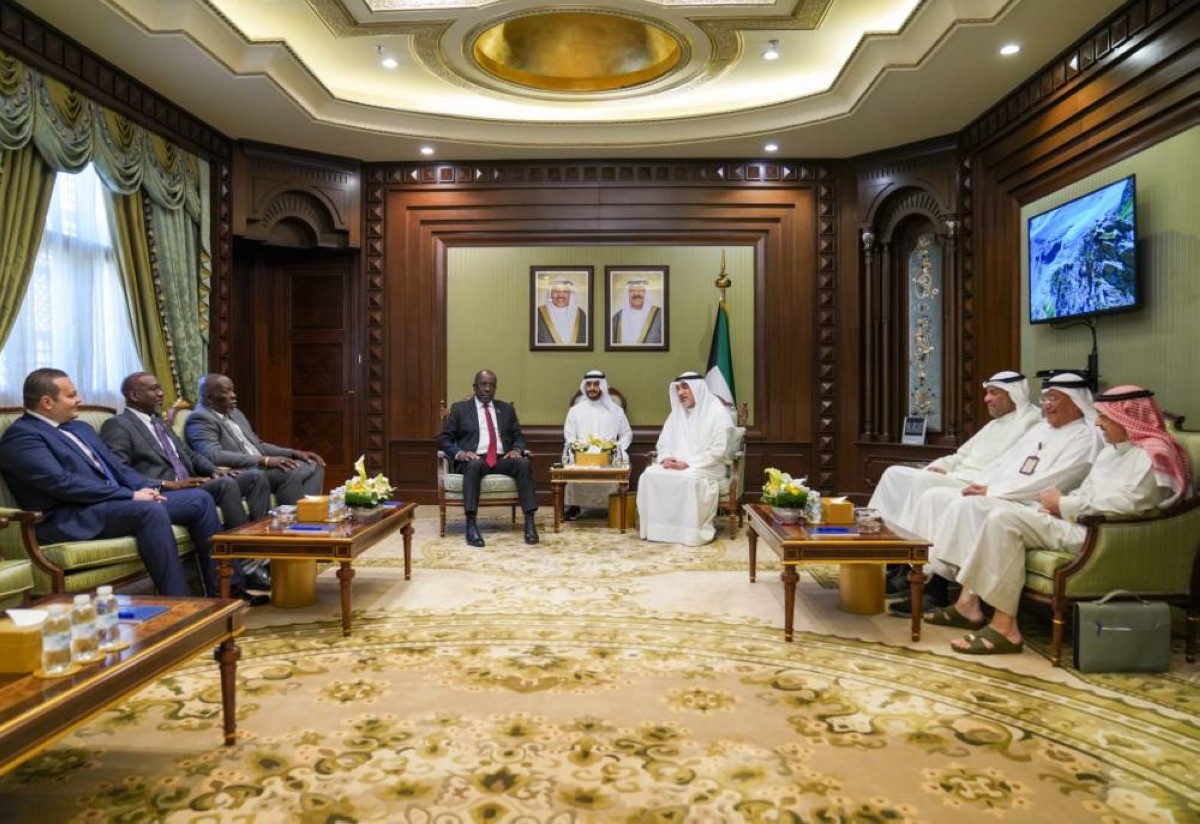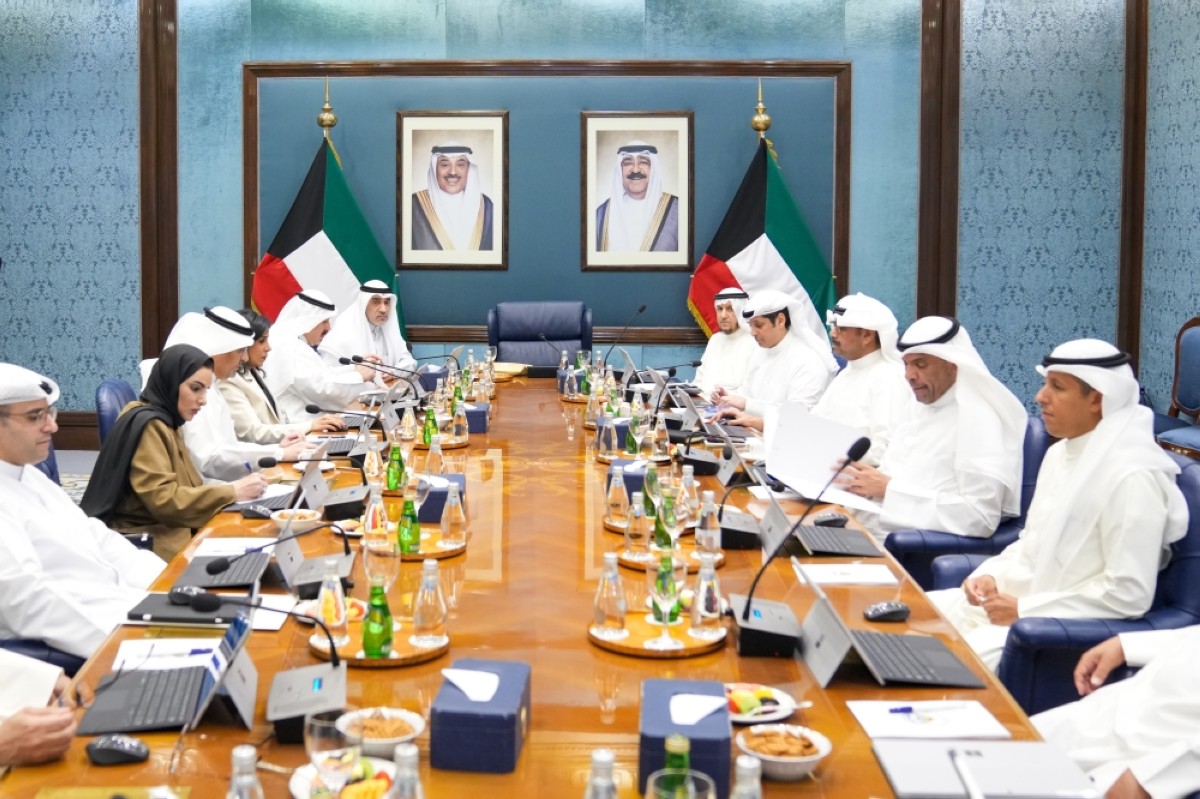KUWAIT: Minister of Education Jalal Al-Tabtabaei has directed all subject supervisors and relevant department heads within the ministry to submit a preliminary comprehensive proposal for the reconstruction and development of curricula for all subjects from Grade 1 to Grade 9.
According to a press statement from the ministry of education, the minister said during his meeting on Sunday with educational leaders that curriculum reform is the cornerstone of educational development. He affirmed the ministry’s commitment to implementing a comprehensive vision based on state principles and directives from the political leadership to achieve a national education system that reflects the aspirations of Kuwait and meets its future ambitions.
Al-Tabtabaei explained that the process goes beyond mere development or partial adjustments; it requires a complete restructuring based on approved scientific and educational standards that take into account global developments while aligning with national values and principles. This, he said, will reinforce students’ sense of belonging to Kuwait and loyalty to its leadership, while contributing to building student character that is creative and actively engaged in society.
One of the objectives of the curriculum reform, Al-Tabtabaei noted, is to instill national values and strengthen Kuwaiti cultural identity among students through content that highlights Kuwait’s history, the role of its political leadership in development, and the awareness of its people in facing challenges. He pointed out that subjects like Social Studies will serve as a key platform for educating students about the homeland’s status and history, with this goal being integrated across all subjects.
He also instructed each subject department to form nine specialized working teams tasked with comprehensive curriculum review and reconstruction. These teams should address educational, cognitive and psychological aspects and include members
from within the ministry and the broader educational field to ensure a balance between academic vision and real-world educational needs.
The minister stressed the importance of involving educational experts and experienced field professionals in drafting the proposals, urging the inclusion of veteran teachers, as well as educational and psychological researchers, to ensure curriculum quality and its alignment with student and societal needs, ultimately enhancing the capacity to develop an informed and intellectually capable generation.
Al-Tabtabaei emphasized that the new curricula must not be fragmented or disconnected but rather interconnected and cohesive. For example, a national concept introduced in Social Studies should be reinforced with a Quranic verse in Islamic Education and a patriotic poem in Arabic Language, creating an integrated approach that deepens students’ loyalty and sense of belonging.
He also called for a clear timeline and comprehensive matrix for the curriculum content across all targeted grade levels. The initial proposals are to be completed within two weeks from the date of the meeting, after which they will be presented to higher committees for approval and subsequent implementation according to a precise and well-studied schedule.
The meeting also discussed ways to enhance coordination among departments involved in curriculum development, stressing the need for effective mechanisms to ensure clear roles and institutional collaboration throughout the planning phase. The meeting was attended by the acting assistant undersecretary for general education, the acting assistant undersecretary for curriculum development, the director of curriculum development and general supervisors of academic subjects. – KUNA
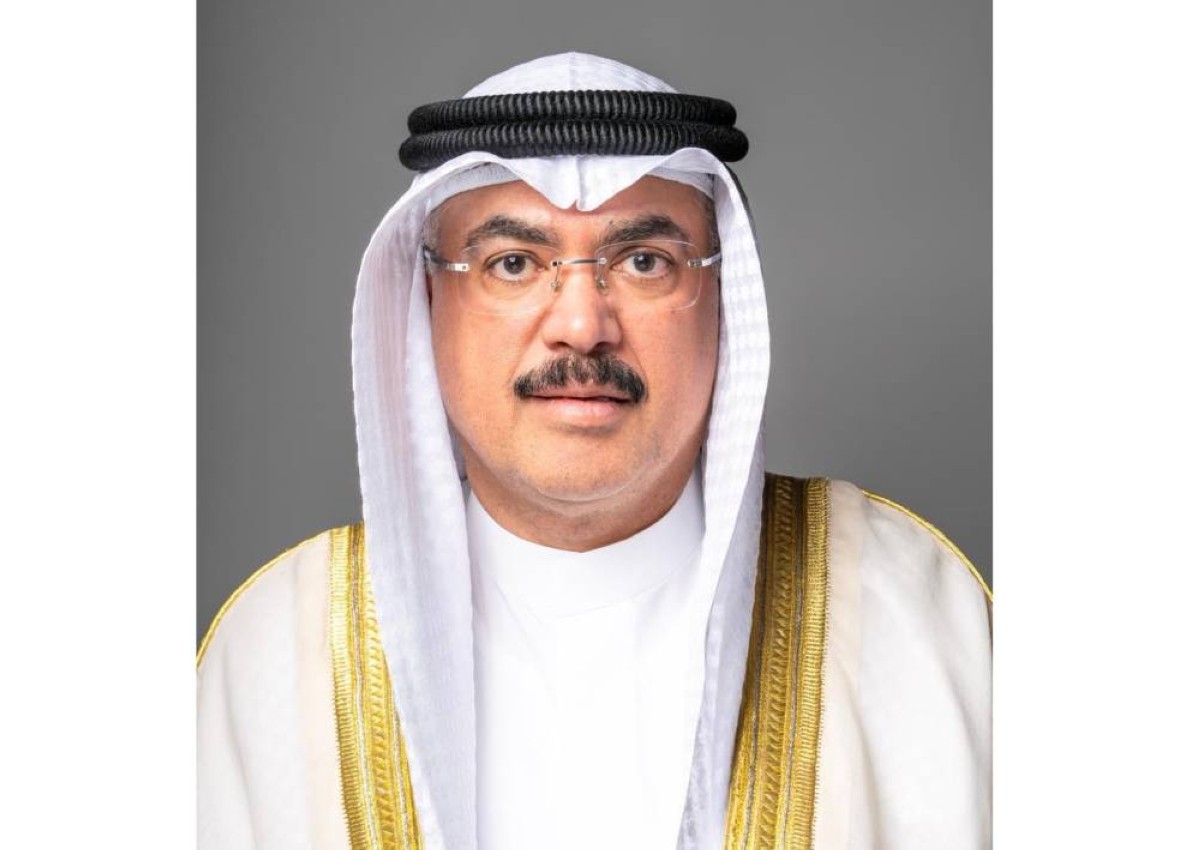

 Latest News15 hours ago
Latest News15 hours ago
 Latest News14 hours ago
Latest News14 hours ago
 Business22 hours ago
Business22 hours ago
 Business21 hours ago
Business21 hours ago
 Business6 hours ago
Business6 hours ago
 Latest News20 hours ago
Latest News20 hours ago
 Latest News23 hours ago
Latest News23 hours ago
 Latest News16 hours ago
Latest News16 hours ago


